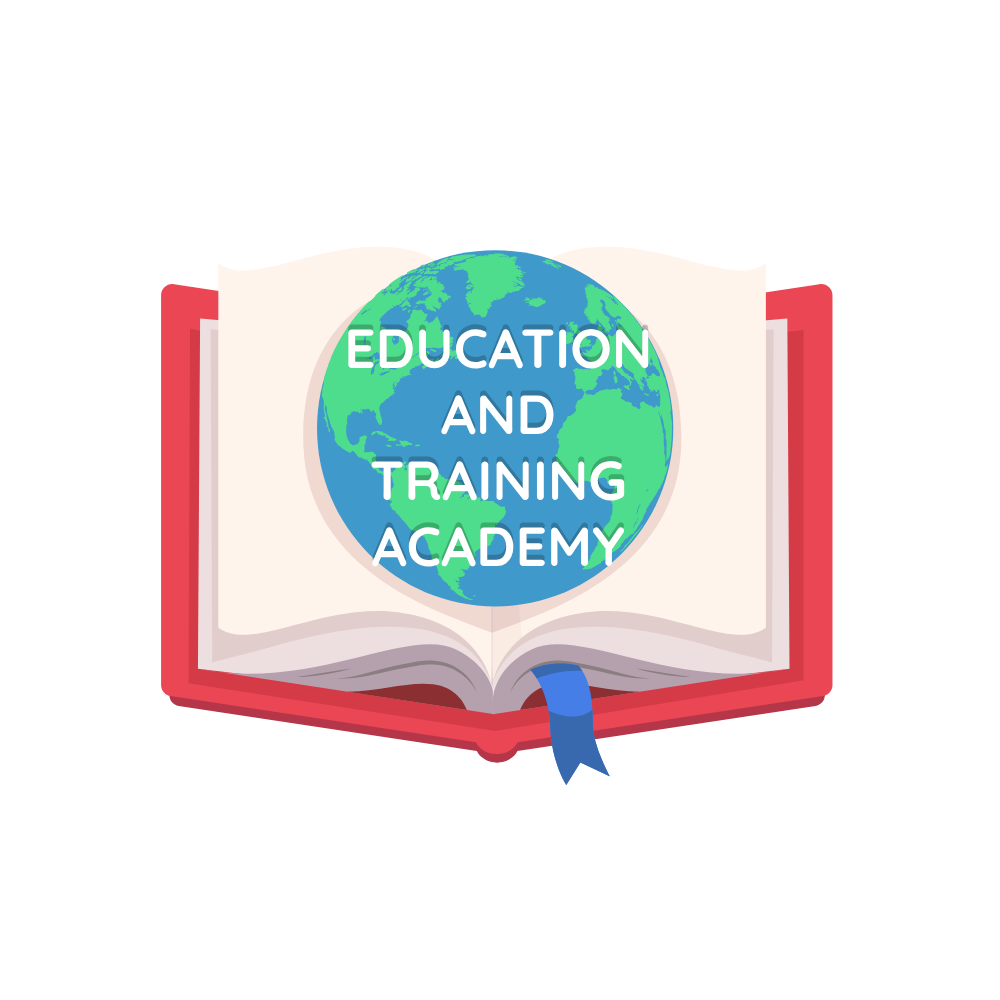BUILDING RESILIENCE: SOCIAL AND EMOTIONAL LEARNING IN SCHOOLS

Certificate Yes
Cost €80/day
Language English
Duration 5 Day course
Cities: Antalya, Bitola
In today's complex and rapidly changing world, fostering resilience and social-emotional skills in students is essential for their overall well-being and academic success. This course, "Building Resilience: Social and Emotional Learning in Schools," is designed to empower educators with the knowledge, strategies, and resources to support students' social and emotional development. Aligned with the objectives and priorities of the Erasmus+ Programme, this course aims to enhance the quality and inclusiveness of education and training, promote social inclusion, and foster well-being among learners.
Did you know that according to the Collaborative for Academic, Social, and Emotional Learning (CASEL), students who participate in social-emotional learning (SEL) programs demonstrate improved academic performance, increased positive social behaviors, and reduced emotional distress? By integrating SEL practices into schools, educators can create supportive learning environments that nurture students' resilience, empathy, and self-awareness.
Description
This comprehensive course is designed for educators, school counselors, and educational leaders who are committed to promoting social and emotional learning in their schools. Through a combination of theoretical insights, practical strategies, and experiential activities, participants will explore key concepts such as self-awareness, self-management, social awareness, relationship skills, and responsible decision-making.
Participants will learn how to integrate SEL practices into their teaching and school culture, create supportive classroom environments, and implement evidence-based interventions to support students' social and emotional development. The course will cover topics such as mindfulness, emotional regulation, conflict resolution, and positive behavior management.
This course is especially relevant for educators who wish to create inclusive and nurturing learning environments where all students can thrive academically, socially, and emotionally.
Learning Objectives
- Understand the importance of social and emotional learning (SEL) in education, including its impact on academic achievement, mental health, and overall well-being.
- Develop a deep understanding of core SEL competencies, including self-awareness, self-management, social awareness, relationship skills, and responsible decision-making.
- Explore evidence-based strategies and interventions for promoting SEL in schools, such as mindfulness practices, emotional regulation techniques, and conflict resolution strategies.
- Learn how to create supportive classroom environments that foster resilience, empathy, and positive social behaviors among students.
- Identify and address barriers to SEL implementation in schools, including cultural factors, systemic challenges, and resource constraints
- Reflect on their own teaching practices and develop personalized action plans for integrating SEL into their curriculum and school culture
Methodology and Implementation
Experiential learning and reflection: Participants will engage in experiential activities, role-plays, and reflective exercises to deepen their understanding of SEL concepts and practices. They will have the opportunity to apply SEL strategies in real-world scenarios and reflect on their effectiveness.
Collaborative learning and peer support: Collaborative group discussions, peer coaching, and sharing of best practices will be facilitated to promote knowledge sharing and peer support among participants. Participants will learn from each other's experiences and collaborate on developing SEL initiatives.
Interactive workshops and skill-building activities: Interactive workshops and skill-building activities will be conducted to equip participants with practical strategies and tools for promoting SEL in their classrooms and schools. Participants will learn how to incorporate mindfulness exercises, emotional regulation techniques, and conflict resolution strategies into their teaching practices.
Guest speakers and expert presentations: Guest speakers and experts in the field of social and emotional learning will be invited to share their insights and best practices with participants. Participants will have the opportunity to learn from experienced practitioners and researchers and gain valuable perspectives on SEL implementation.
Assessment Implementation
Formative assessments: Formative assessments, such as self-assessments, quizzes, and reflective journals, will be used to gauge participants' understanding of SEL concepts and their progress in developing SEL competencies. Feedback will be provided to support ongoing learning and growth.
Observations and feedback: Participants will have the opportunity to observe each other's teaching practices and provide constructive feedback on SEL implementation. Peer observations and feedback will help participants identify strengths and areas for improvement in their SEL practices.
Portfolio development: Participants will create a portfolio showcasing their SEL initiatives, including lesson plans, student work samples, and reflections. The portfolio will serve as evidence of their SEL implementation efforts and will be reviewed periodically by instructors for feedback and assessment.
Final project: Participants will design and implement a final project focused on promoting SEL in their classrooms or schools. Projects may include developing a school-wide SEL curriculum, implementing a peer mentoring program, or organizing a community service project. Projects will be assessed based on their alignment with SEL principles, effectiveness, and impact on student outcomes.
Daily Programme
Day 1: Introduction to Social and Emotional Learning
Morning Session:
- Welcome and Course Overview
- Understanding the Importance of Social and Emotional Learning
- Introduction to Core SEL Competencies
Afternoon Session:
- Workshop: Self-Awareness and Self-Management Skills
- Collaborative Activity: Setting Personal SEL Goals
Day 2: Cultivating Emotional Intelligence
Morning Session:
- Exploring Emotional Intelligence and Emotional Regulation
- Interactive Workshop: Mindfulness Practices for Educators
Afternoon Session:
- Case Study Analysis: Applying Emotional Intelligence in the Classroom
- Peer Discussion: Strategies for Supporting Emotionally Distressed Students
Day 3: Fostering Positive Relationships
Morning Session:
- Understanding Social Awareness and Relationship Skills
- Workshop: Building Positive Classroom Culture and Community
Afternoon Session:
- Collaborative Activity: Role-plays for Conflict Resolution
- Peer Feedback and Reflection: Effective Communication Strategies
Day 4: Promoting Resilience and Growth Mindset
Morning Session:
- Promoting Resilience and Growth Mindset in Students
- Workshop: Strategies for Encouraging Perseverance and Resilience
Afternoon Session:
- Case Study Analysis: Cultivating Growth Mindset in Schools
- Group Discussion: Overcoming Challenges and Building Resilience
Day 5: Implementing SEL Practices
Morning Session:
- Planning for SEL Implementation: Developing Action Plans
- Reflection and Self-Assessment: Evaluating Personal SEL Competencies
Afternoon Session:
- Group Project Presentations: Sharing SEL Implementation Plans
- Closing Remarks and Course Evaluation
